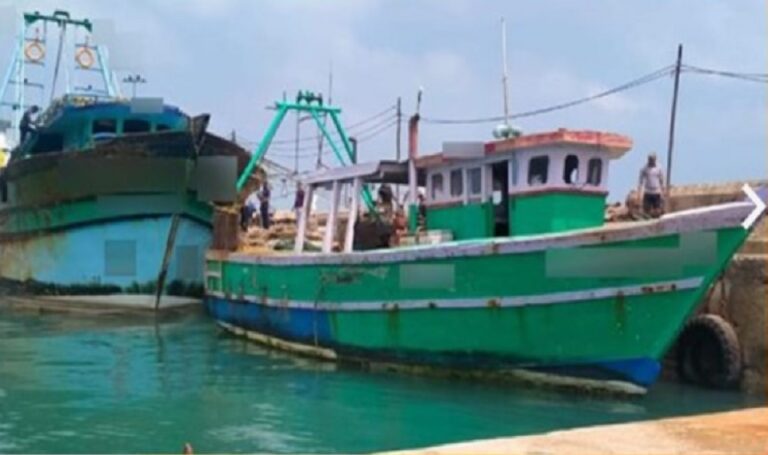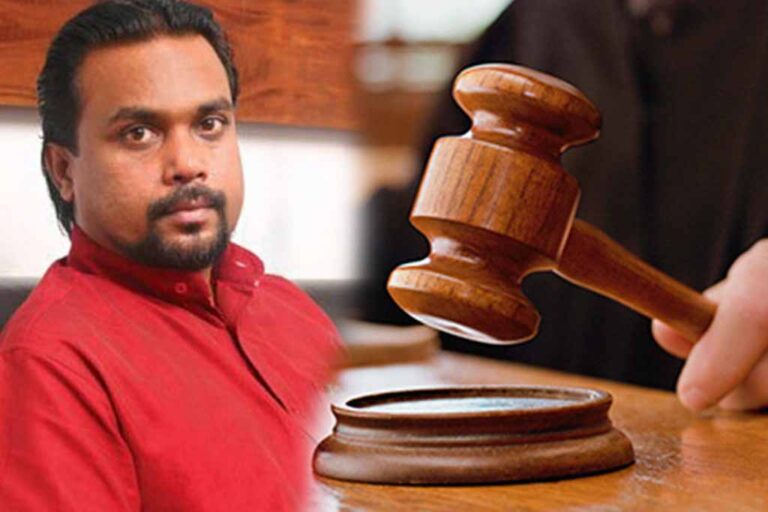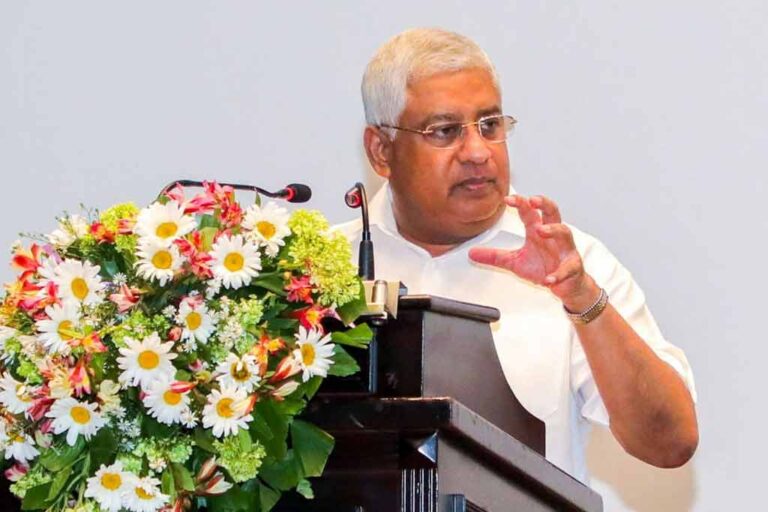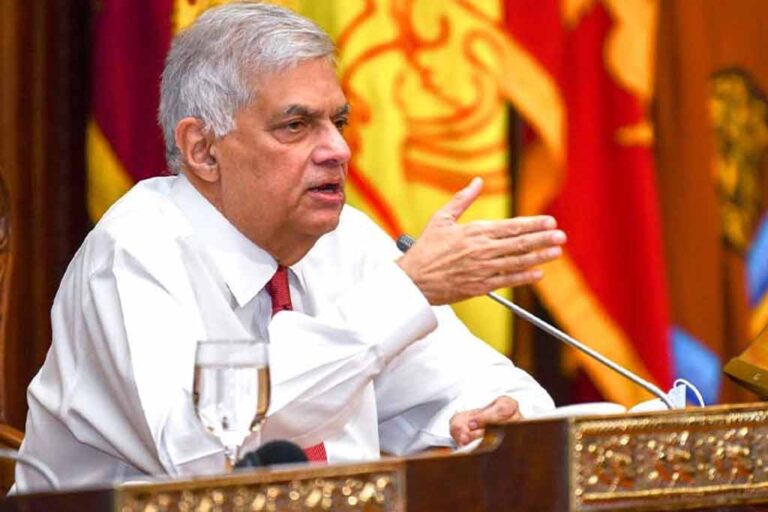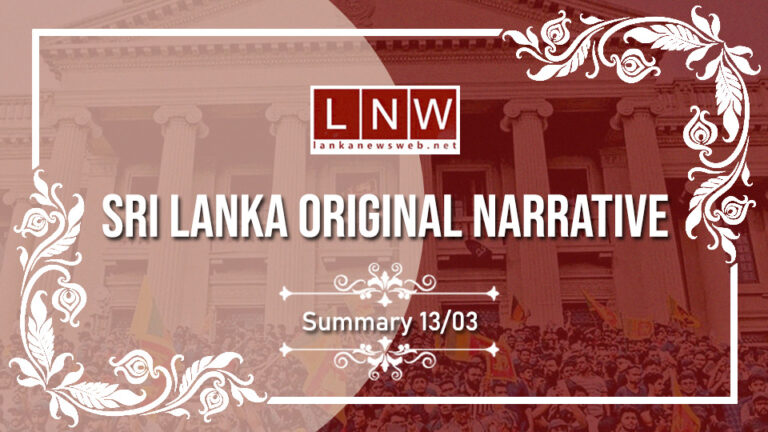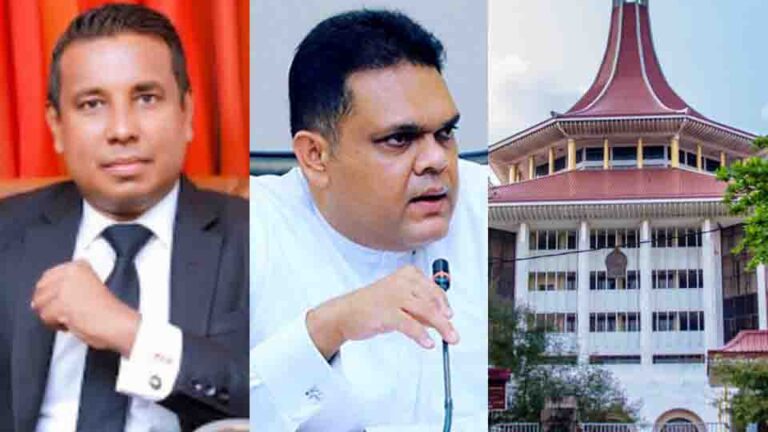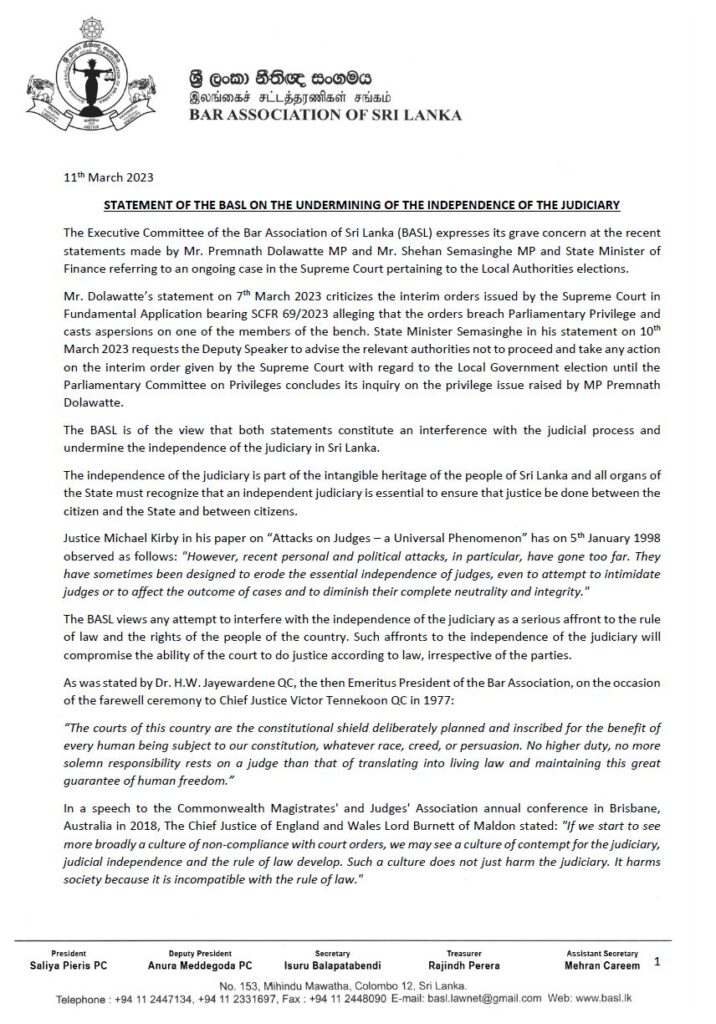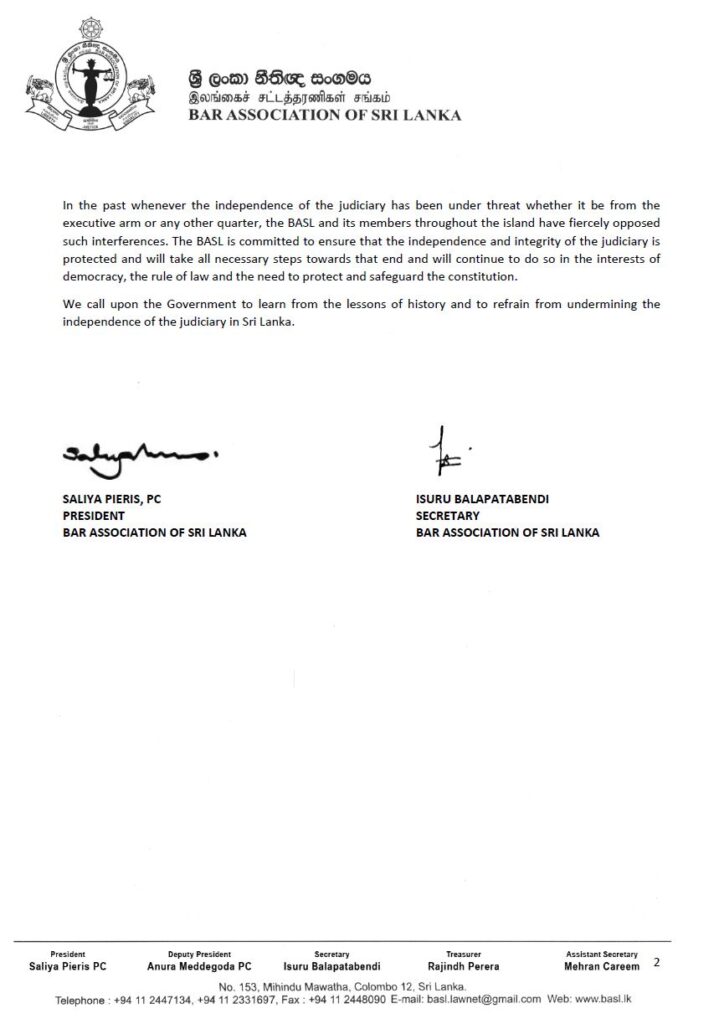By Erik Solheim
India will this year become the world’s most populous country. Economic growth is 7%, the highest of all major economies. It is likely that the country will soon change its name to Bharat.
India is the country to follow in 2023. The progress is impressive! When India became independent from the British, life expectancy was around 30. Now it is almost 70, and no one can be completely sure that India will not follow China, which just passed the United States in life expectancy.
At independence, only a tiny group of Indians could read and write. Now almost all of India’s many children start in school, although the quality is often insufficient.
At the head of this India is Prime Minister Narendra Modi. While our own Norwegian prime minister and most western leaders were in the 30s in an international poll about the popularity of leaders in their own country, 78% of Indians believed that Modi is doing a good or very good job. He is in a league of his own as the world’s most popular leader in his own country.
Of course, being popular is no guarantee that you always did the right thing. But in area after area, Modi is bringing India forward. If people feel that today is better than yesterday, they tend to support the political leadership.
Modi and his ruling BJP party were once a right-wing high-caste party for the urban middle class. They now pursue a left-wing economic policy and win massive majority among scheduled, low and middle castes in North India. The BJP totally dominates Indian politics and has replaced the Congress Party as
the core party of India.
Modi brings us a new narrative about India. He links Indian identity closely to Hinduism, to the stories of Shiva, Ram, Ganesh, and the vast panorama of Hindu gods. More and more Indians no longer speak of India, but of Bharat, the homeland. I’ll bet a meal of strong Indian food that in a few years India will
officially change its name to Bharat.
Modi rewrites Indian history. You won’t find many favorable stories about British colonialists or Muslim warlords who attacked India. He worships those who resisted, whether they were communists fighting the British or Hindus fighting Muslim invasions.
This new Indian identity has resounding echoes in the villages of northern India and in the many medium-sized cities. There are 140 cities in India larger than the Norwegian capital Oslo. Hindu temples across India buzz with life, often late into the night. Most Westerns church leaders can only dream of a similar popular power.
Modi’s new narrative about India is not as popular with urban secular intellectuals in Delhi or Mumbai. Nor does it appeal to India’s 200 million Muslims or 20 million Christians. This is of course not unproblematic since it can lead to conflicts between Hindus and Muslims. Tragically, 100 people have died in religious conflicts every year under Modi, but this number is not higher than during the Congress rule. It is important to put numbers in perspective. This corresponds to one person killed every three years in Norway. If we include the 22 July terrorist attack as Norwegian political violence, it will take India more than two hundred years to come UP to the level of Norwegian violence. From any global comparison the level of violence in India is low and a recent survey indicate it is is decreasing.
European political leaders can learn a lot from how Modi composes an appealing national story that workers, farmers, all those who do not feel they have received enough respect from the elite, feel at home in.
We in the West also have a lot to learn from his economic policies and green commitment. Modi systematically uses the state as an economic tool, much like South Korea did with thundering success a few decades ago. He launches government programs called “missions” for green hydrogen, production of solar panels, electric batteries, or green transport. The missions select some Indian companies that receive special support, while everyone is encouraged to invest green. The leading companies get easier access to the Prime Minister and other leaders. They may get better interest rates. Efforts are being made to cut bureaucracy and ensure simpler decision-making. The goal is sustained 7% green growth.
Modi’s popularity is due to the fact that he both creates and shares. A digital economy where the poor for the first time have real bank access through their cell phones makes it possible to do direct cash transfers. The amounts are not big, but if you are very poor, a few hundred or thousand rupees mean a lot. All hands went up when I visited Bhargawan village in Madhya Pradesh and asked if the tribal villagers had benefitted from the prime minister’s cash transfer. Direct cash transfer changes power relations. The poor do not have to stand in queues and beg from the richer or powerful. Middlemen cannot enriched themselves. The number of Indians receiving direct payments from the government has increased from 108 to 763 million under Modi. The International Monetary Fund says that India, like China, may be moving away from extreme poverty. People have responded by giving Modi major electoral victories, most recently in the states of Uttar Pradesh and Gujarat.
Modi also launches practical programs that help the very poorest. 100 million rural toilets and numerous village houses have been built. The money is given directly to the villagers who either build themselves or employ the village carpenter or bricklayer. You get the last payment when you can document through GPS coordinates that the facility exists. The program appeals particularly to women because safe toilets reduce sexual violence.
Through my many visits in recent years, I have experienced a growing self-awareness and pride in India. I often meet young people who say they want to do great things for their country, it’s been a while since I heard similar national pride among youth in Europe. Foreign Minister Jaishankar wins the hearts of many when, in his low-key way, he points out that it is the end of the era when “Europe’s problems are the world’s problems, while the world’s problems are not Europe’s problems”.
India is expected to compete with the United States to be the world’s second largest economy in 2050. We would do well to look to India in the years ahead.


